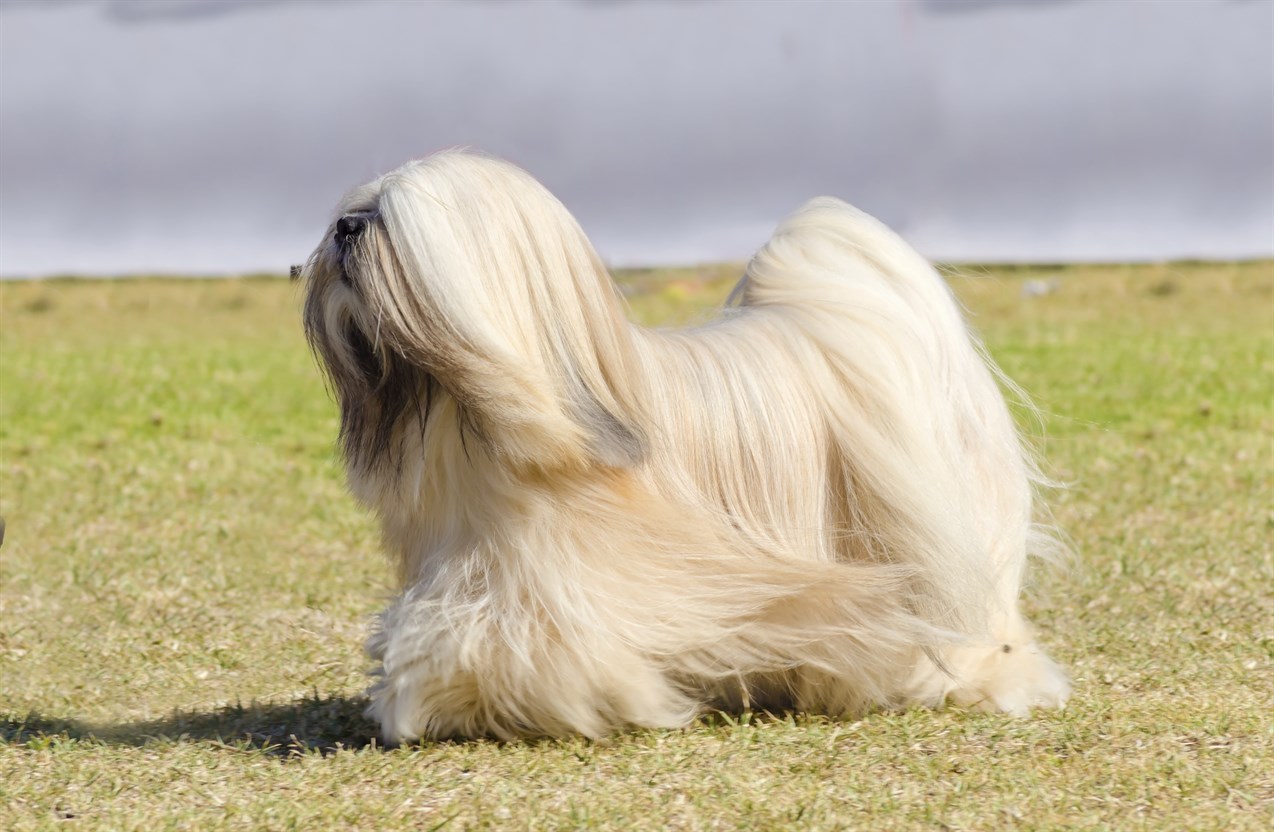Lhasa Apso Feeding Habits and Food Requirements

Proper nutrition is essential for the health and well-being of Lhasa Apsos, as it is for all dog breeds. Understanding their feeding habits and dietary requirements will help you ensure that your Lhasa Apso maintains good health and vitality throughout their life.
Feeding Habits
- Meal Frequency: Most Lhasa Apsos do well with two meals a day. Puppies may require more frequent feedings, such as three to four meals per day, until they reach adulthood. Adult dogs can transition to a two-meal-a-day schedule.
- Scheduled Feeding: Establish a consistent feeding schedule, with set times for meals. This routine helps regulate their digestion and potty habits.
- Portion Control: Measure your Lhasa Apso's food portions to prevent overfeeding or underfeeding. Follow the feeding guidelines provided by the dog food manufacturer or consult your veterinarian for recommendations based on your dog's age, weight, and activity level.
- Avoid Free Feeding: Free feeding, where food is left out all day for the dog to graze, is not recommended for Lhasa Apsos. It can lead to weight gain and irregular eating patterns.
Dietary Requirements
- Protein: Lhasa Apsos require a diet with adequate protein content to support their overall health and muscle maintenance. Look for high-quality dog foods that list meat or a meat meal (e.g., chicken meal) as the first ingredient.
- Fat: A moderate amount of healthy fats is essential for energy and maintaining healthy skin and coat. Avoid excessive fat, as it can lead to obesity.
- Carbohydrates: While dogs are omnivores and can digest carbohydrates, their primary source of energy should come from protein and fats. Choose dog foods that have a balanced mix of carbohydrates, such as rice, oats, or sweet potatoes.
- Fibre: Adequate fibre is necessary for proper digestion. High-fibre diets can help with weight management and maintaining regular bowel movements.
- Vitamins and Minerals: Ensure that your Lhasa Apso's diet contains essential vitamins and minerals, including calcium, phosphorus, and vitamin D, to support their bone health.
- Hydration: Always provide fresh, clean water for your dog. Proper hydration is crucial for their overall health.
Special Considerations
- Puppy Nutrition: Lhasa Apso puppies require specialised puppy food to support their growth and development. Choose a puppy food that meets the nutritional needs of small breed puppies.
- Senior Dogs: As Lhasa Apsos age, their dietary requirements may change. Consult with your veterinarian about transitioning to a senior dog food that addresses their specific needs.
- Weight Management: Lhasa Apsos can be prone to obesity, so monitor their weight and adjust their food portions accordingly. Avoid feeding them table scraps or excessive treats.
- Allergies and Sensitivities: Some Lhasa Apsos may have food allergies or sensitivities. If you notice signs of digestive upset or skin issues, consult your veterinarian to determine if a specialised diet is necessary.
- Consult a Vet: It's essential to consult with a veterinarian to establish a suitable diet plan for your Lhasa Apso based on their individual needs, age, activity level, and any health concerns.
By providing a well-balanced and nutritionally appropriate diet, you can help ensure that your Lhasa Apso enjoys a healthy and active life. Regular check-ups with your veterinarian can help you make necessary adjustments to their diet as they age and their needs change.
Lhasa Apso puppies for sale
- Find Lhasa Apso puppies for sale in ACT
- Find Lhasa Apso puppies for sale in NSW
- Find Lhasa Apso puppies for sale in NT
- Find Lhasa Apso puppies for sale in QLD
- Find Lhasa Apso puppies for sale in SA
- Find Lhasa Apso puppies for sale in TAS
- Find Lhasa Apso puppies for sale in VIC
- Find Lhasa Apso puppies for sale in WA